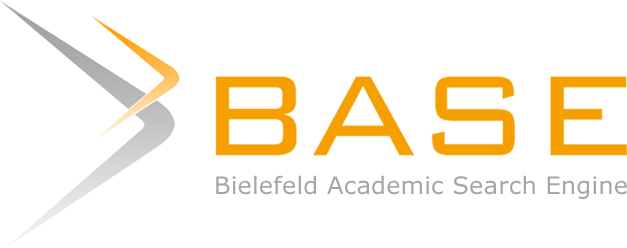KOMUNIKASI INTERPERSONAL GURU DALAM MENINGKATKAN INTERAKSI SOSIAL ANAK BERKEBUTUHAN KHUSUS DI SLB 7 JAKARTA
Abstract
Interpersonal communication is fundamental in education, particularly in special schools serving children with special needs (CSN). Teachers play a pivotal role in fostering social interaction, as effective communication greatly influences students’ emotional and social development. This study aims to describe how interpersonal communication applied by teachers at SLBN 7 Jakarta enhances the social interaction of CSN students. Using a descriptive qualitative approach, data were collected through in-depth interviews, direct observation, and documentation. The main informants were teachers working with students with diverse needs, including intellectual disabilities, hearing impairments, and autism. Findings indicate that teachers employ empathetic, adaptive, and personalized communication strategies aligned with each student’s characteristics. These strategies involve verbal and nonverbal language, gestures, and emotional support, which together create a comfortable and supportive learning environment. As a result, children with special needs were able to build peer relationships, gain self-confidence, and engage more actively in social activities. The study concludes that teachers’ interpersonal communication is a crucial factor in strengthening students’ sense of security, confidence, and social participation. Ultimately, interpersonal communication skills contribute significantly to improving the overall social development of children with special needs in inclusive learning contexts.
Downloads
Published
Issue
Section
License
Copyright (c) 2025 An Nafi': Multidisciplinary Science

This work is licensed under a Creative Commons Attribution-ShareAlike 4.0 International License.
License: CC BY-SA 4.0 (Creative Commons Attribution-ShareAlike 4.0 International License)












